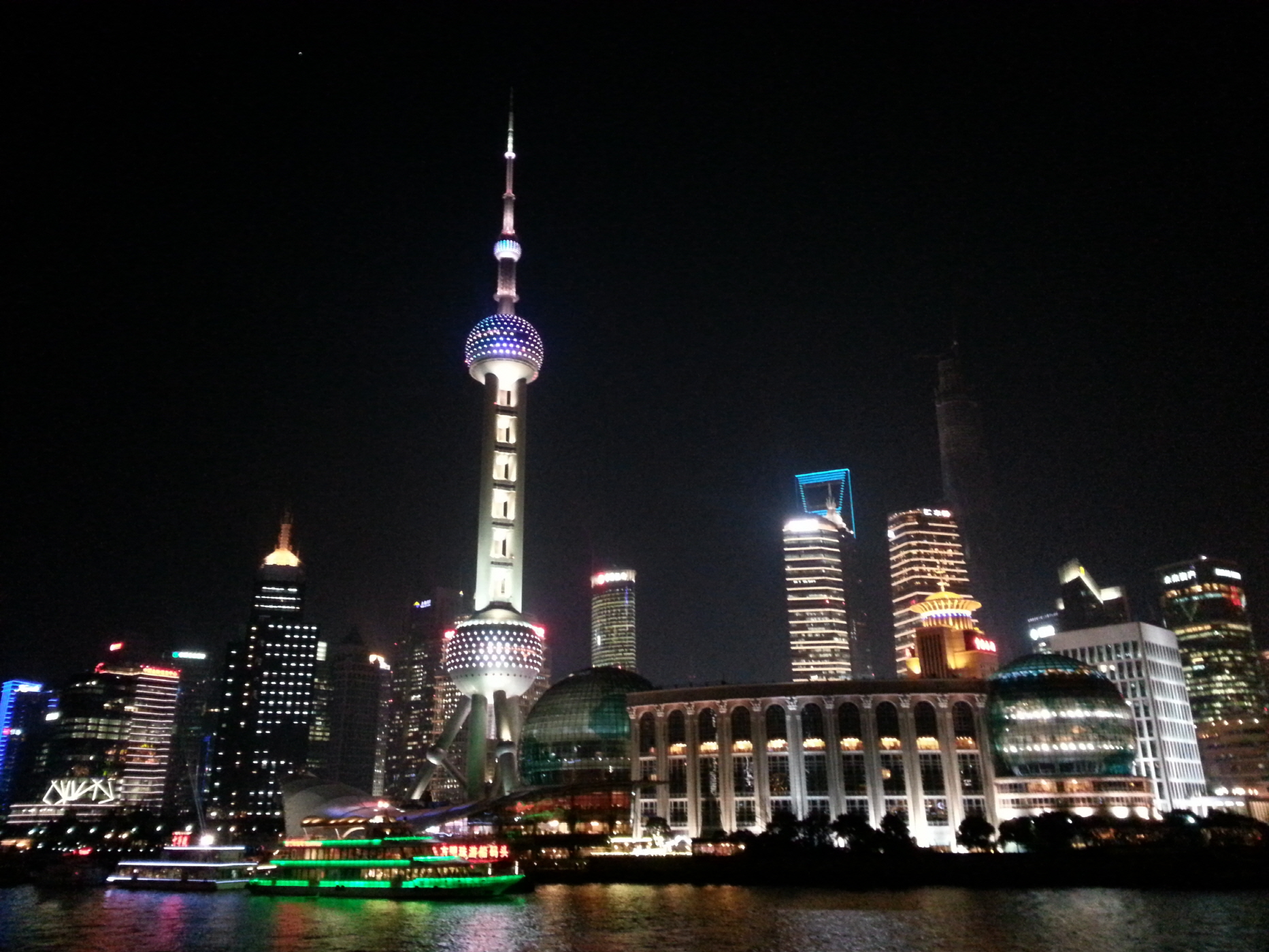
After Japan’s declaration of surrender in 1945, intense competition between the Nationalist Party and the Communist Party started. Mao’s Red Army ended up entering Beijing after 4 years of battles. In this way, the People’s Republic of China was established. By the side of Mao, Deng Xiaoping had played a key role of policy decision-maker in terms of foreign and domestic politics. He was a pragmatist who put the nation’s economy and people’s living standards ahead of ideology. Because of his pragmatic lines in politics, Deng had locked horns with Mao. Mao executed several reform movements such as the Great Leap Forward -consisting of national land reform-, a collective farm project, etc.. Whenever Mao’s socialism movements went wrong, pragmatists, including Deng and Liu Shaoqui, took the initiative in politics. Mao constantly kept them in check for power strengthening, and Deng was expelled from power twice.
After radical socialistic movements like the Cultural Revolution and the death of Mao, Deng was reinstated in the heart of power and steered a course of reformation and opening. He said, “Black Cat and White Cat Theory,” and it became a representative term for the Chinese economy in the 1980s. Its literal meaning is that whether a cat is white or black doesn’t matter when catching a mouse. Deng Xiaoping asserted that an economic system that make people’s livelihood richer is the best one regardless of whether it is capitalism or communism.
So politics was maintained under the existing socialism set-up, and China accepted the market economy system. Deng created market socialism, which is an unparalleled system in the history of the world, through the separation of economy and politics. He pushed forward the modernization project, the so-called “Four Modernizations” of industry: agriculture, national defense, science and technology. During Deng’s long reign, he instituted a decentralized economy and an open-door policy to international trade.
Through the open-door policy, foreign business was allowed to settle in China. Western resources and technology rushed in. Moreover, four special economic zones were set up in southern China with tax incentives to invite foreign capital like that of Hong Kong or Taiwan.
Combined with domestic agricultural reformations, China’s economy began to grow rapidly. China’s economic growth rate has been one of the highest figures throughout world history, even though the figure of rate is often demurred.
In 2001, China even joined the World Trade Organization, the body for effective world trade. Now, China is maintaining its status as an undeniable great economic power in the twenty-first century.
м†АмЮСкґМмЮР © нПђнХ≠к≥µлМАмЛ†лђЄ лђілЛ®м†ДмЮђ л∞П мЮђл∞∞нПђ кЄИмІА


